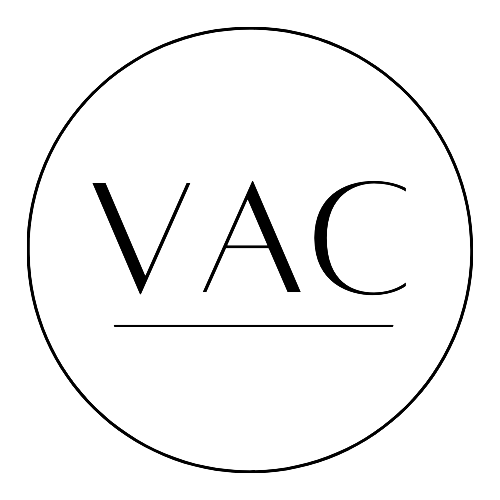Rosa Inés Vera: Painting Between Two Cultures
Bicultural and bilingual artist, Rosa Inés Vera, lives between Bethesda, Maryland and Lima, Peru. Rosa uses her experience of adjusting to different environments now and as a child in her artwork. Her expressive paintings feature figures from her culture and landscapes inspired by its beauty and the danger of climate change.
How did your creative journey begin?
I came to the United States when I was three from Peru. My parents were friends with many Latin American artists who made their way through Washington D.C. I visited DC's wonderful museums in my childhood. I have always been interested in art.
Even though my career was in international finance and economics, I found ways to participate in art-related projects. While still working, at one point, I decided to take adult education classes. I painted at night on the dining room table once I had put my children to bed. I found that the results of painting and art were much more satisfying and exciting than numbers-crunching.
Where do you find inspiration for your work?
My work falls in two main categories, painting abstracted figures and landscapes.
The figures are based on old family photos, persons I’ve invented and a model who poses for me. The way I create them on the surface is related to my experiences. I’ve often returned to Latin America, traveling with my parents as a child or being sent to live with relatives. I often felt caught between two very different cultures. This feeling of being unsettled is reflected, I believe, in my abstracted figures that are mostly women.
Much of the inspiration for my landscapes comes from the rivers and marshes that surround us here in Washington, DC. These rivers have been garbage-filled and polluted for years. Recently local governments and volunteers have worked very hard to clean these rivers with some success. However, this nature that we cherish is in danger due to climate change. As Rachel Carson has been reminding us since 1962 in her groundbreaking book Silent Spring, the threat is great and time is perilously short.
How has your work shifted and evolved over time?
I started off as a realistic painter. Over time my work is becoming more abstract. I would like to be able to express myself in the simplest way, using the least number of elements. I’m still working on that!
What does a typical day in the studio look like for you, and how has your art practice grown or changed?
I go to the studio and work from two to four hours a day. I share a small house with 9 other artists
I work on several pieces at the same time; usually focusing on one and moving onto another when I get “stuck.”
The pandemic forced me to focus more on my art work. I took many art courses on zoom and created more pieces as there were less distractions.
Which experiences have impacted your work as an artist?
Living between two cultures has had a strong influence on my work.
Now that my husband and I live part of the year in Peru, I realized the great variety and creativity of Latin American art.
How has social media impacted your art career?
During the pandemic, online exhibits, my website, and Instagram made viewers more familiar with my paintings. I was pleasantly surprised with sales made from people who saw my work online. Social media has helped me a great deal.
What are your future goals and aspirations?
As a result of the pandemic, many galleries have closed both in Washington D.C. and in Lima, Peru. I hope to be able to participate more in the artistic community of these two places and engage with the public again.
As an artist, I always strive to be better.
Website: www.rosavera.com
Instagram: @rosavera_art








